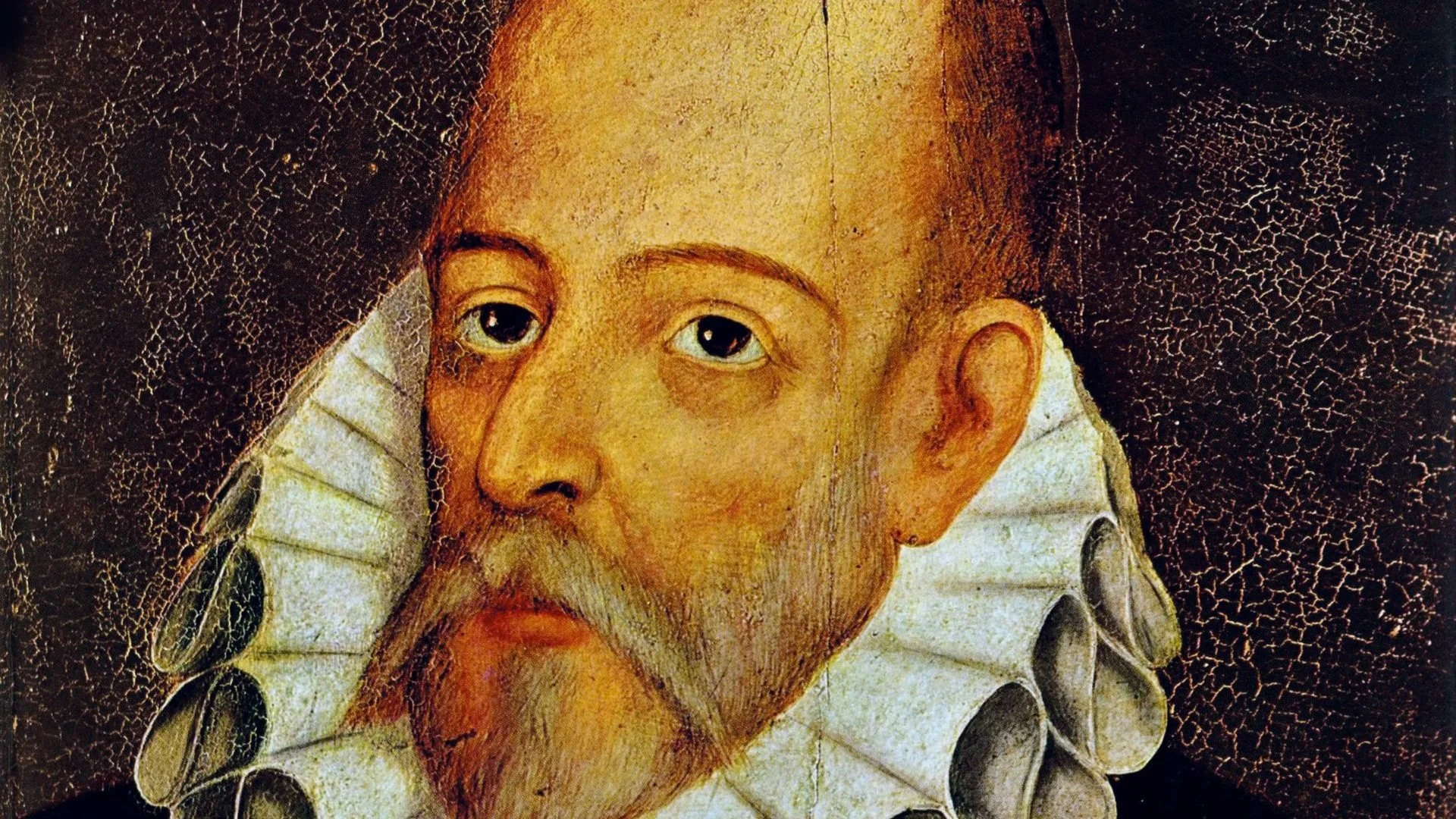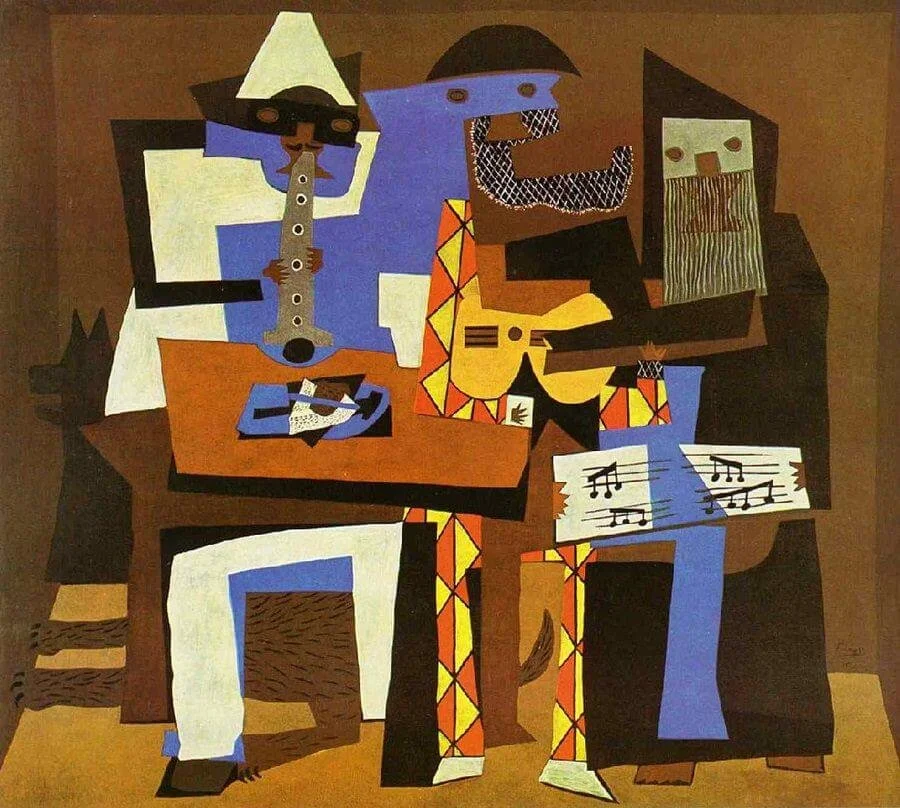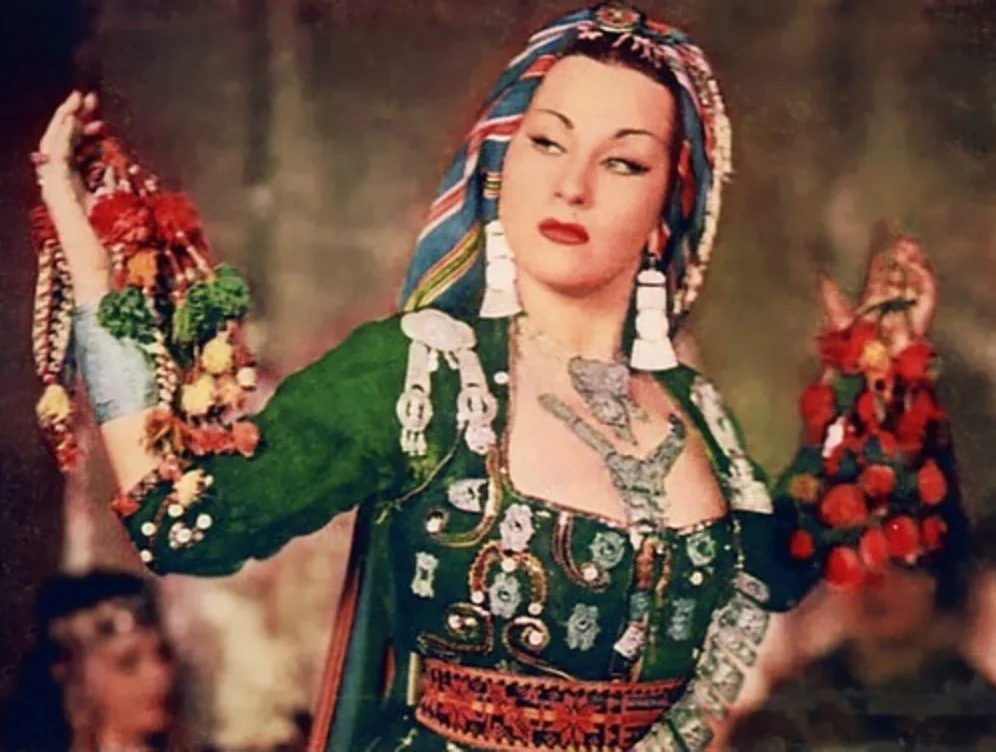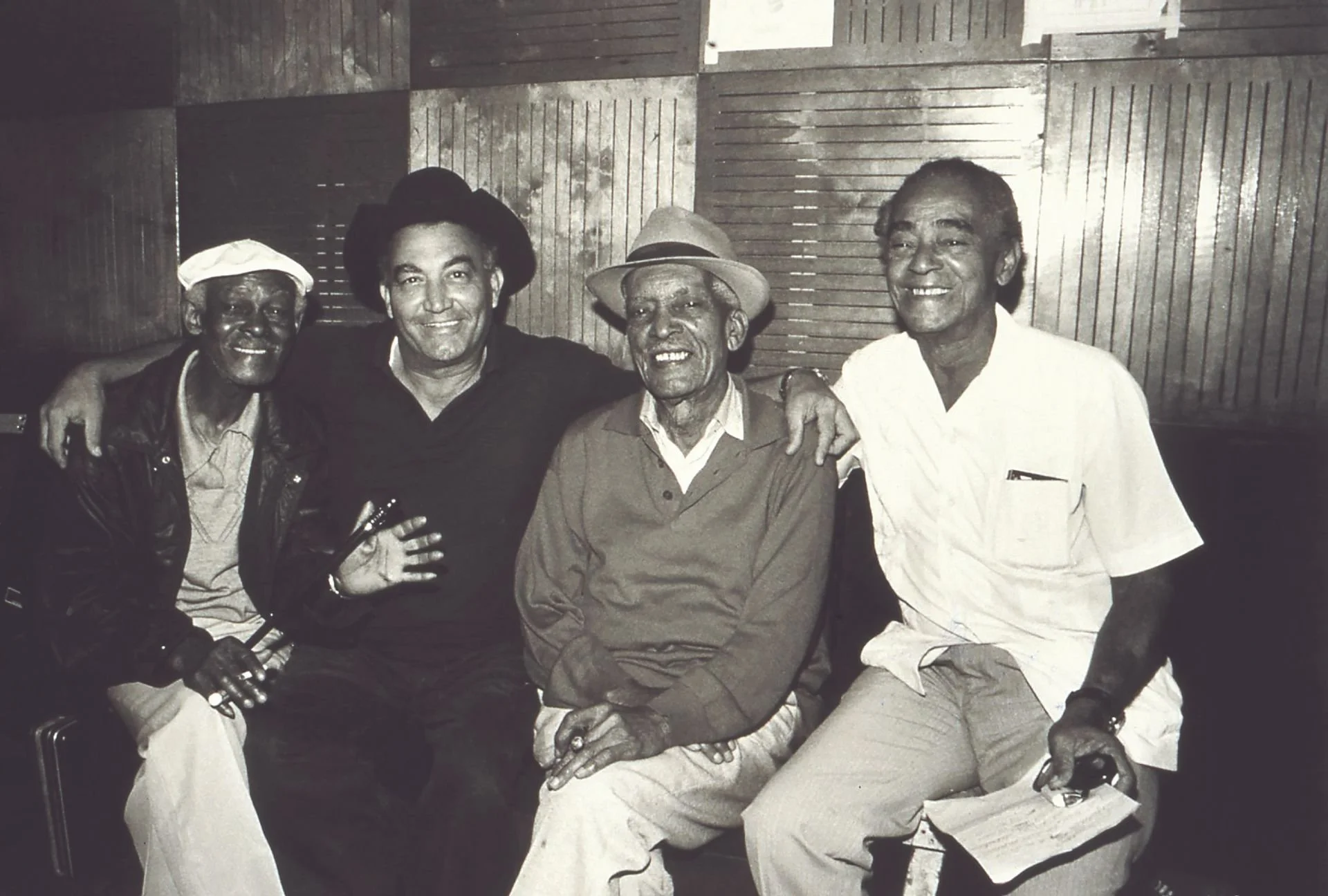By The Landlord
“Where there is music, there can be no evil.”– Miguel de Cervantes
“It is impossible to say where the best Spanish is spoken, because there is not one Spanish, but many.” – Gabriel García Marquez
“The language – Spanish – becomes for us like a liquor that we savour, and which we can no longer do without. We can no longer do without it when we try it, when we search for all its hiding places, all its possibilities, all its purities. We are already, with so much to drink of this liquor, language – drunk.” – Azorin aka José Augusto Ruiz
“I speak Spanish to God, Italian to women, French to men, and German to my horse.” – Charles V, Holy Roman Emperor and King of Spain 1516-1556
“The whole Spanish-speaking world is a creative laboratory, and the practical thing to do is to accept the most convincing innovations, wherever they come from or transoceanic as one approaches a warm and lively being, not a grammatical product.” – Gabriel Zaid
“Spanish is too important to be left in the hands of Spaniards.” – Guillermo Cabrera Infante
Hola, amigos y amigas! With around half a billion native speakers and as the official language of 20 countries, it’s the second most spoken native language in the world after Mandarin Chinese, and the fourth spoken globally after English, Mandarin, and Hindustani. So, of course, it has also brought us one or two songs ...
An Ibero-Romance language derived from colloquial Latin, español, also known as castellano began to be formalised in Toledo, then in the Kingdom of Castile, in the 13th century.
Then, via the blood and thunder of imperialism and conquering colonialism it spread from Europe to Americas, steeped in history, stories, suffering, art, religion, love and death. Melodious, soothing and beautiful, yet at times also harsh and guttural, it’s a wonderfully poetic, passionate, rhythmic language with strong vowels, complex, variable verbs, rich compounds and conjugations. In the prologue to La Galatea the great Miguel de Cervantes described it as: “campo abierto, fértil y espacioso, fácil, dulce, grave y elocuente”, which roughly translates as “an open field, fertile and spacious, easy, sweet, serious and eloquent.”
Miguel de Cervantes
No wonder then that it’s also a ripe form of fruit for song lyrics, and this week, it’s time to delve into that vast landscape. That might seem initially too grand and ambitious, and while we’d never do a subject like “songs in English”, as a English-based Bar, exploring songs solely in another language feels weirdly specialist, but should also be vast and very fertile. As someone with only a rudimental understanding of the language, from my perspective this is not in any way about understanding or having any trace of fluency, but just appreciating how melody and sound come together with words, even if you don’t know their meaning.
Spanish then is language of a truly global culture, not just of Spain (and for this topic here we could also include Catalan and Basque regions, despite their differences), so therefore artists will come from far and wide. There are more native Spanish speakers in the United States (50 million) than in Spain itself (48 million), but with its 130 million, Mexico is by far the biggest Spanish-language country in the world.
Colombia’s Gabriel García Marquez wrote that:
“The most expressive Spanish is that of Mexico, which is, at the same time, the most impure. The Mexicans made a mixture of Spanish and pre-Columbian Nahuatl, with the result that they did not completely learn Spanish and did not completely forget Nahuatl … This is how Mexican was born, which is a more expressive language than the others because in some cases it contains two languages.”
But let’s not just stop in Mexico. There’s also Colombia, Argentina, Venezuela, Peru, Chile, Ecuador, Guatemala, Cuba, Dominican Republic, Puerto Rico and Paraguay, and several other countries in which it is a dominant language, such as, Honduras, El Salvador, Costa Rica, and Uruguay. What feast we might have in store.
Quoting lyrics? We don’t necessarily need to translate, as the language itself is a form of music, but that’s open to you. Perhaps this is an art of sharing and expressing feeling and emotion over the literal. Cervantes wrote in Don Quixote:
“Translating from one language to another, unless it is from Greek and Latin, the queens of all languages, is like looking at Flemish tapestries from the wrong side, for although the figures are visible, they are covered by threads that obscure them, and cannot be seen with the smoothness and colour of the right side.”
Spanish is the language of some of the world’s greatest writers, from Spain’s Miguel de Cervantes of course, to Federico García Lorca, Argentina’s Jorge Luis Borges and Julio Cortázar, the aforementioned Gabriel García Márquez of Columbia to Peru’s Mario Vargas Llosa, Chile’s Isabel Allende to Mexico’s Laura Esquivel. Where might their influence come into song?
Let’s look more into the language. It has inevitably been enriched and evolved when it was exported to other countries. Here’s Gabriel García Marquez again:
“We Colombians say that we speak the best Spanish in the world, but that is nonsense. The language preserved by the academies is a language of class. There are certain elegant houses in Bogota that try to preserve the purest Castilian of the Golden Age and it turns out that this is wonderful for their visitors, but it does not help them to buy anything in the store.”
Spanish writer Antonio Muñoz Molina remarks on how the home country has to give in to this rich evolution:
“Not only are we [Spaniards] not the masters of the language: statistically, we are even a minority. I have learned this by traveling to the Hispanic countries of America, by listening to the Italian musicalities of the Spanish of the Río de la Plata, the classical clarity of the Spanish of Colombia, but I perceive it above all by listening to the Spanish spoken in New York, where there is a confederation of all possible intonations and accents, and where one realises, by contrast with the presence of English and of the Saxon civilisation, all the common things that language and time have bequeathed us, of the breadth of the imaginary spaces that our language opens up for us.”
But why has Spanish taken root and spread so fluently around the world, as a fertile form of communication, not just in all artforms, but also in business and commerce? Another Spanish novelist, Juan Ramón Lodares, thinks its natural commonality is the reason:
“If languages had coats of arms like nations or soccer teams, the Spanish language would not have an imperial eagle or a lion rampant, or anything apparently noble: it would have a simple sheep. Shorn.”
But as well as writers, you might feel inspired by songs relating to artists Diego Velázquez, Pablo Picasso. Salvador Dalí, Francisco Goya, El Greco, Juan Gris or Joan Miró, or Mexico’s Carlos Almaraz, Diego Rivera, Frida Kahlo, Sebastián, Rufino Tamayo, Joaquín Clausell, or José Clemente Orozco.
Picasso’s Three Musicians (1921)
Or indeed some of the great film-makers could be the source of songs in which Spanish forms the story - from Luis Buñuel to Pedro Almodóvar, Carlos Saura, Jesús Franco or Bigas Luna.
Luis Buñuel’s Viridiana (1961)
As for artists who sing in the language, that’s really for nominations below but you might wish to dip into anything from traditional to flamenco to pop and all the fascinating fusions that blend. From composer Tomás Luis de Victoria to zarzuela of Spanish opera, the ballet of Manuel de Falla, and the classical guitar music of Francisco Tárrega. From the beautiful songwriting of Mexico’s Consuelo Velázquez to the extraordinary voice of Peru’s Yma Sumac, from mainstream artists such as Julio Iglesias to Isabel Pantoja, or Mexico’s very own Reina de las Rancheras Rocío Dúrcal, from from Cuban guaracha to Gipsy Kings to Jose Alfredo Jimenez, from Colombia’s Shakira to Barcelona’s Rosalía … where will it end?
Peruvian range … Yma Sumac
Classic songwriting … Consuelo Velázquez
Buena vista old boys …
Taking on this rich subject and herding it all into some kind of musical order is this week’s excellent el rancho and hacienda head, the marvellous magicman! Place your songs in the Spanish language in nominations below, for deadline at 11pm UK time on Monday, for playlists published next week. Buena serte! ¡Mucho éxito!
New to comment? It is quick and easy. You just need to login to Disqus once. All is explained in About/FAQs ...
Fancy a turn behind the pumps at The Song Bar? Care to choose a playlist from songs nominated and write something about it? Then feel free to contact The Song Bar here, or try the usual email address. Also please follow us social media: Song Bar Twitter, Song Bar Facebook. Song Bar YouTube, and Song Bar Instagram. Please subscribe, follow and share.
Song Bar is non-profit and is simply about sharing great music. We don’t do clickbait or advertisements. Please make any donation to help keep the Bar running:







